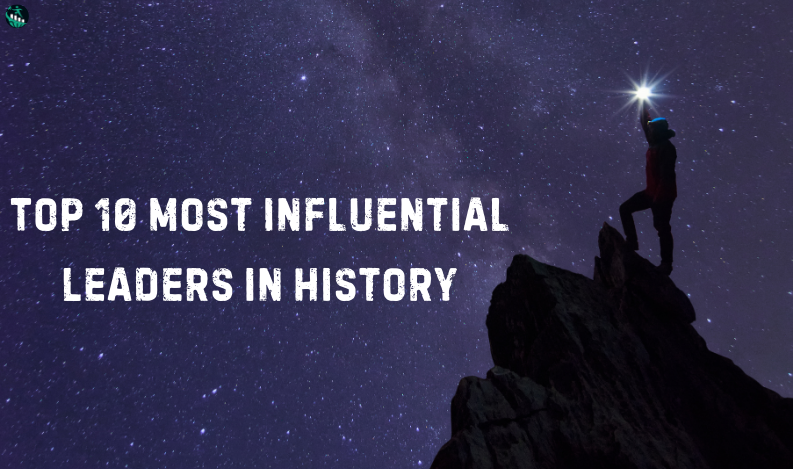
Top 10 Most Influential Leaders in History: Visionaries Who Changed the World
Throughout the tapestry of human history, certain individuals have risen above the rest, leaving indelible marks on the world through their leadership, vision, and impact on society. These leaders have shaped civilizations, inspired movements, and altered the course of history. In this comprehensive article, we explore the lives and legacies of the top 10 most influential leaders in history, whose contributions continue to resonate in our modern world.
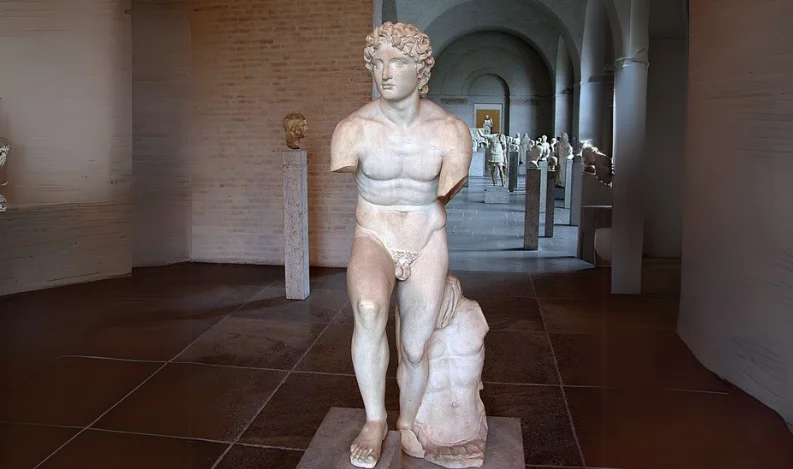
Alexander the Great (356–323 BCE)
Early Life and Ascension
Born in Pella, Macedonia, Alexander was the son of King Philip II and Queen Olympias. Tutored by the philosopher Aristotle, he was educated in literature, science, medicine, and philosophy, fostering a keen intellect and a love for knowledge. At the age of 20, after his father's assassination, Alexander ascended to the throne and inherited a strong kingdom and an experienced army.
Military Conquests
Alexander embarked on an ambitious campaign to conquer the Persian Empire, achieving a series of unprecedented military victories. His notable battles include the Battle of Granicus, Issus, and Gaugamela, where he demonstrated exceptional strategic and tactical prowess.
- Expansion of the Empire: Over 11 years, he created one of the largest empires of the ancient world, stretching from Greece to Egypt and into northwest India.
- Siege Warfare Innovations: Utilized advanced siege technologies and tactics, enabling the capture of well-fortified cities.
Cultural Impact
- Hellenization: Promoted the spread of Greek culture, language, and ideas throughout his empire, a process known as Hellenization.
- Founding of Cities: Established over 20 cities named Alexandria, which became centers of learning and cultural exchange.
Legacy
Alexander's conquests facilitated the blending of Eastern and Western cultures, significantly influencing the development of the Hellenistic civilization. His military tactics are still studied in military academies today.
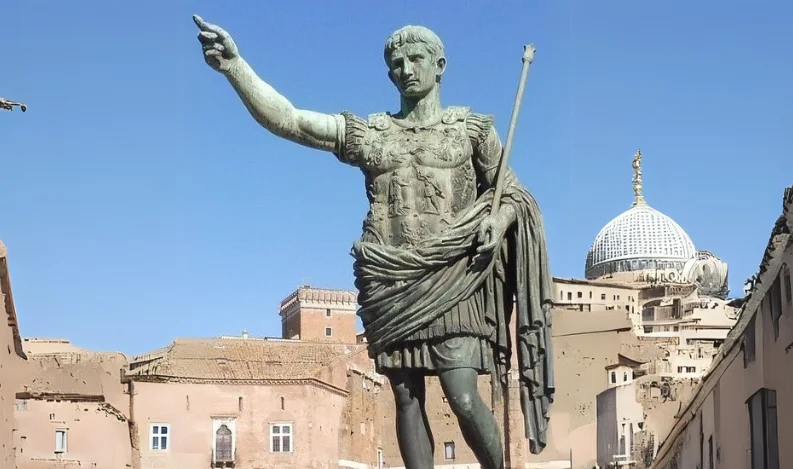
Julius Caesar (100–44 BCE)
Rise to Power
Gaius Julius Caesar was born into a patrician family in Rome. His early career was marked by military service and political alliances, including the formation of the First Triumvirate with Pompey and Crassus.
Political and Military Achievements
- Conquest of Gaul: Expanded Roman territory through his campaigns in Gaul (modern-day France and Belgium), showcasing his military genius.
- Crossing the Rubicon: In 49 BCE, his decision to cross the Rubicon River ignited a civil war, leading to his eventual dictatorship.
- Reforms: Implemented extensive social and governmental reforms, including the Julian calendar, land redistribution, and reorganization of local government.
Assassination and Aftermath
Caesar's growing power and declaration as "dictator for life" led to his assassination by a group of senators on the Ides of March. His death precipitated the end of the Roman Republic and the rise of the Roman Empire under his heir, Octavian (Augustus).
Legacy
Caesar's life and death profoundly impacted Roman history. His writings, such as "Commentaries on the Gallic War," provide valuable historical insights. The title "Caesar" became synonymous with rulers, influencing titles like "Kaiser" and "Tsar."
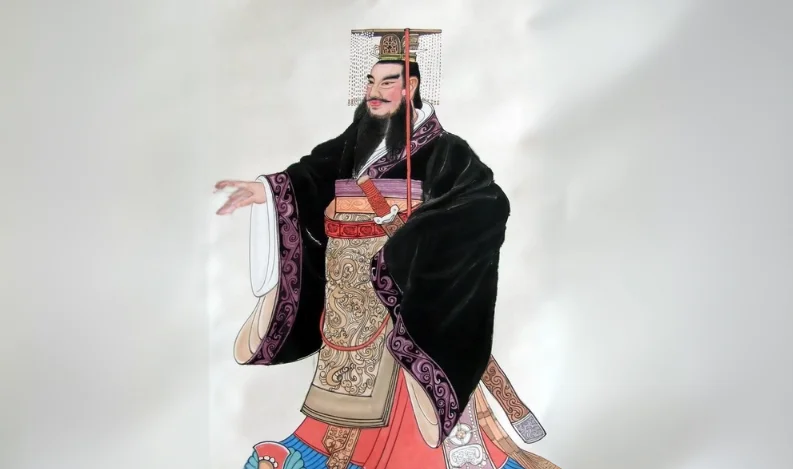
Emperor Qin Shi Huang (259–210 BCE)
Unifier of China
Born Ying Zheng, he became the king of Qin at 13 and later unified China in 221 BCE, becoming its first emperor. His reign marked the beginning of the Qin Dynasty.
Achievements
- Centralization of Power: Standardized weights, measures, and currency, as well as the Chinese script, facilitating communication and trade.
- Legalism: Implemented strict legalist policies to maintain control and order.
- Great Wall of China: Initiated the construction of the Great Wall to defend against northern nomadic tribes.
- Terracotta Army: Commissioned the creation of the Terracotta Army to guard his mausoleum, reflecting the grandeur of his rule.
Legacy
Qin Shi Huang's unification of China laid the foundation for the nation's enduring cultural identity. Despite his harsh methods, his contributions significantly shaped Chinese civilization.
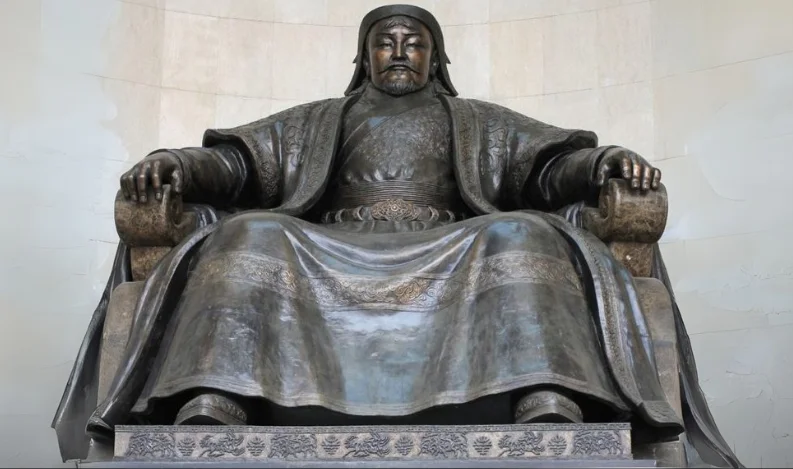
Genghis Khan (c. 1162–1227)
Early Life and Rise to Power
Born Temujin on the Mongolian steppes, he overcame personal tragedies and tribal conflicts to unite the Mongol tribes. In 1206, he was proclaimed Genghis Khan, meaning "Universal Ruler."
Formation of the Mongol Empire
- Military Innovations: Employed superior horse-riding skills, archery, and innovative tactics like feigned retreats.
- Meritocracy: Promoted individuals based on ability and loyalty, rather than aristocratic birth.
- Conquests: Subdued vast territories, including parts of China, Central Asia, the Middle East, and Eastern Europe.
Administrative Policies
- Religious Tolerance: Allowed freedom of religion within his empire.
- Trade Expansion: Reopened and secured the Silk Road, enhancing economic and cultural exchanges between East and West.
- Legal Code (Yassa): Established laws to govern his diverse empire.
Legacy
Genghis Khan's empire significantly impacted world history, facilitating the spread of technologies, ideas, and even diseases like the Black Plague. His leadership principles continue to be studied for their effectiveness in uniting diverse peoples.
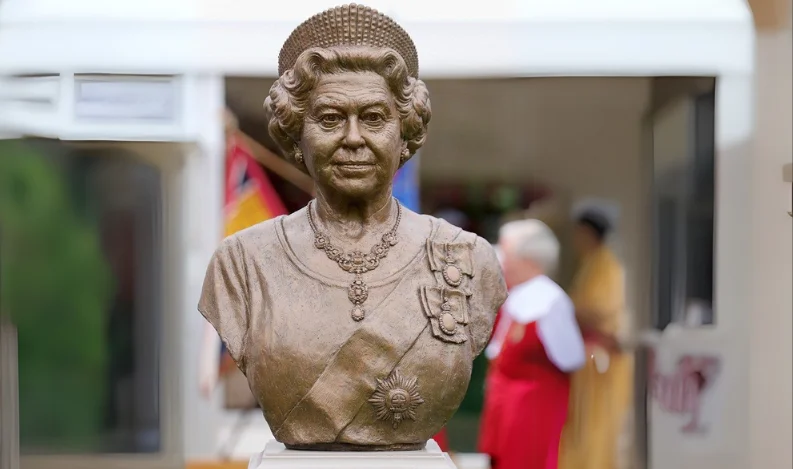
Queen Elizabeth I (1533–1603)
The Virgin Queen
Daughter of Henry VIII and Anne Boleyn, Elizabeth ascended to the throne after her half-sister Mary's death. Her 45-year reign is known as the Elizabethan Era.
Achievements
- Religious Settlement: Established the Church of England's independence from Rome, promoting religious compromise.
- Cultural Renaissance: Supported the arts, leading to a flourishing of literature, music, and theater.
- Exploration: Backed voyages by explorers like Sir Francis Drake and Sir Walter Raleigh, expanding England's global presence.
- Defeat of the Spanish Armada: Under her command, England repelled the Spanish invasion in 1588, securing naval dominance.
Leadership Style
Elizabeth was known for her intelligence, political acumen, and strong will. She skillfully navigated political factions and maintained relative internal peace.
Legacy
Her reign brought stability and prosperity, setting the stage for England's rise as a global power. Elizabeth became a symbol of national identity and pride.
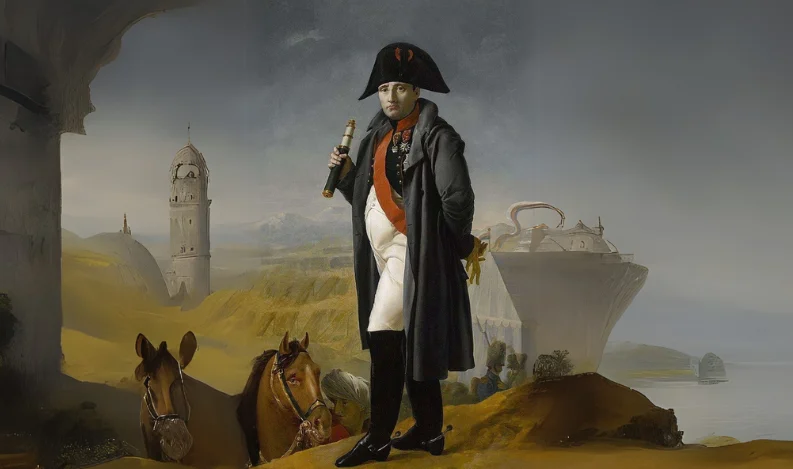
Napoleon Bonaparte (1769–1821)
Early Life and Military Career
Born on the island of Corsica, Napoleon rose rapidly through the military ranks during the French Revolution due to his strategic brilliance.
Rise to Power
- Coup d'État: Seized political power in 1799, becoming First Consul of France.
- Emperor: Crowned himself Emperor in 1804, consolidating his control.
Reforms and Achievements
- Napoleonic Code: Established a uniform legal system, influencing civil law codes worldwide.
- Educational Reforms: Founded lycees (secondary schools) and promoted education.
- Economic Policies: Stabilized the economy through the establishment of the Bank of France and tax reforms.
Military Campaigns
- Conquests: Extended French territory across Europe, spreading revolutionary ideals.
- Defeats: Faced significant losses in Russia and ultimately at the Battle of Waterloo in 1815.
Legacy
Napoleon's influence on law, administration, and education reshaped European society. Despite his authoritarian rule, his reforms modernized many aspects of governance.
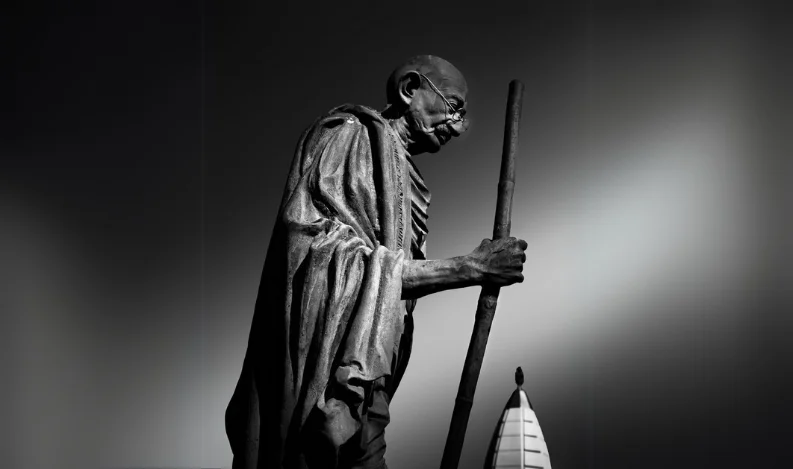
Mahatma Gandhi (1869–1948)
Early Life
Mohandas Karamchand Gandhi was born in Porbandar, India. After studying law in London, he worked in South Africa, where he experienced racial discrimination that shaped his philosophy.
Philosophy of Nonviolence
- Satyagraha: Developed the concept of "truth force," advocating for civil disobedience against unjust laws.
- Ahimsa: Emphasized nonviolence as a means to achieve political and social goals.
Struggle for Indian Independence
- Salt March (1930): Led a 240-mile march to the sea to protest the British salt tax, galvanizing mass support.
- Quit India Movement (1942): Called for an end to British rule, resulting in widespread civil disobedience.
Social Reforms
- Caste System: Campaigned against untouchability and worked towards social equality.
- Self-Reliance: Encouraged the use of khadi (hand-spun cloth) to promote self-sufficiency and boycott British goods.
Legacy
Gandhi's methods inspired civil rights movements globally. His commitment to peace and justice continues to influence leaders and activists.
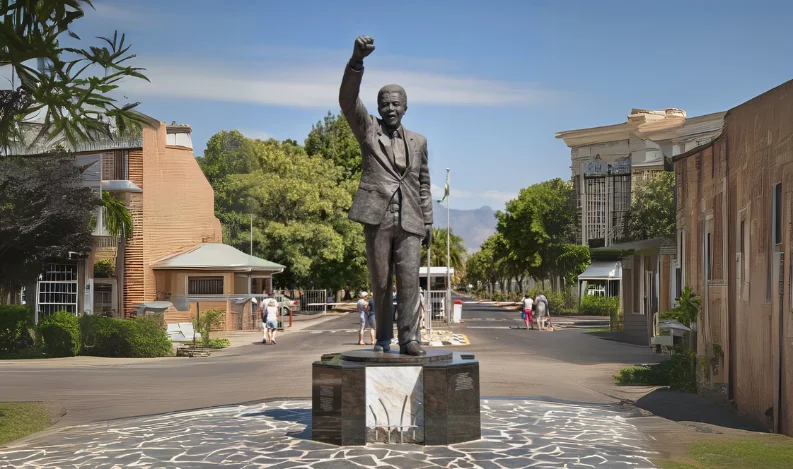
Nelson Mandela (1918–2013)
Early Activism
Born in Mvezo, South Africa, Mandela became involved with the African National Congress (ANC) in his 20s, fighting against apartheid.
Imprisonment
- Rivonia Trial (1964): Sentenced to life imprisonment for sabotage and conspiracy.
- Robben Island: Spent 18 of his 27 years in prison here, becoming a symbol of resistance.
Release and Presidency
- Release (1990): Freed amid growing domestic and international pressure.
- Negotiations: Worked with President F.W. de Klerk to dismantle apartheid.
- Election (1994): Became South Africa's first black president in the country's first multiracial elections.
Reconciliation Efforts
- Truth and Reconciliation Commission: Established to address past human rights abuses.
- Nation Building: Promoted forgiveness and unity, avoiding civil war.
Legacy
Mandela's leadership transitioned South Africa to democracy peacefully. His life exemplifies resilience, forgiveness, and the fight for justice.
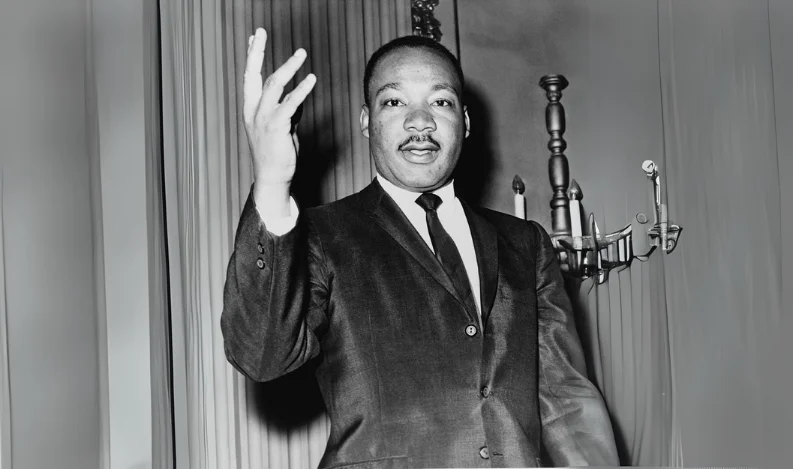
Martin Luther King Jr. (1929–1968)
Civil Rights Leader
Born in Atlanta, Georgia, King became a Baptist minister and prominent civil rights activist.
Nonviolent Protest
- Montgomery Bus Boycott (1955–1956): Led a successful campaign against racial segregation on public buses.
- Southern Christian Leadership Conference (SCLC): Co-founded to harness the moral authority and organizing power of black churches.
Key Events
- "I Have a Dream" Speech (1963): Delivered during the March on Washington, envisioning racial equality.
- Selma to Montgomery Marches (1965): Highlighted the struggle for voting rights, leading to legislative change.
Assassination
King was assassinated in Memphis, Tennessee, in 1968, sparking riots and national mourning.
Legacy
King's advocacy for civil rights advanced social justice in the U.S. His speeches and writings continue to inspire movements worldwide.
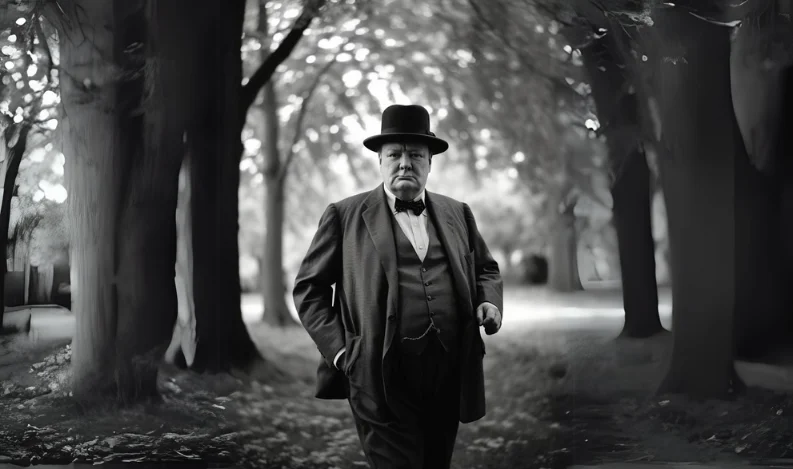
Winston Churchill (1874–1965)
Early Career
Born into an aristocratic family, Churchill served in the British Army and held various political positions before becoming Prime Minister.
World War II Leadership
- Prime Minister (1940–1945): Led Britain during its darkest hours, refusing to surrender to Nazi Germany.
- Inspirational Oratory: Delivered famous speeches that bolstered British morale, including "We shall fight on the beaches."
Post-War Contributions
- Iron Curtain Speech (1946): Highlighted the emerging Cold War tensions between the West and the Soviet Union.
- Advocate for European Unity: Supported the idea of a "United States of Europe" to ensure peace.
Later Years
Served a second term as Prime Minister (1951–1955) and received the Nobel Prize in Literature in 1953 for his historical writings.
Legacy
Churchill is celebrated for his steadfast leadership and eloquence. His contributions significantly influenced 20th-century history.
Conclusion
These ten leaders, through their vision, courage, and determination, have indelibly shaped the course of human history. Their legacies offer valuable lessons on leadership, resilience, and the profound impact one individual can have on the world.
Common Threads Among These Leaders:
- Visionary Thinking: Each possessed a clear vision that guided their actions and inspired others.
- Courage in Adversity: Faced significant challenges and opposition but remained steadfast.
- Impactful Reforms: Implemented changes that transformed societies and governance.
- Enduring Influence: Their ideas and actions continue to affect contemporary society and global relations.
By studying their lives, we gain insights into the qualities that make effective leaders and the ways in which dedicated individuals can enact meaningful change.
Also Read:-



Recent Comments:
No comments yet.